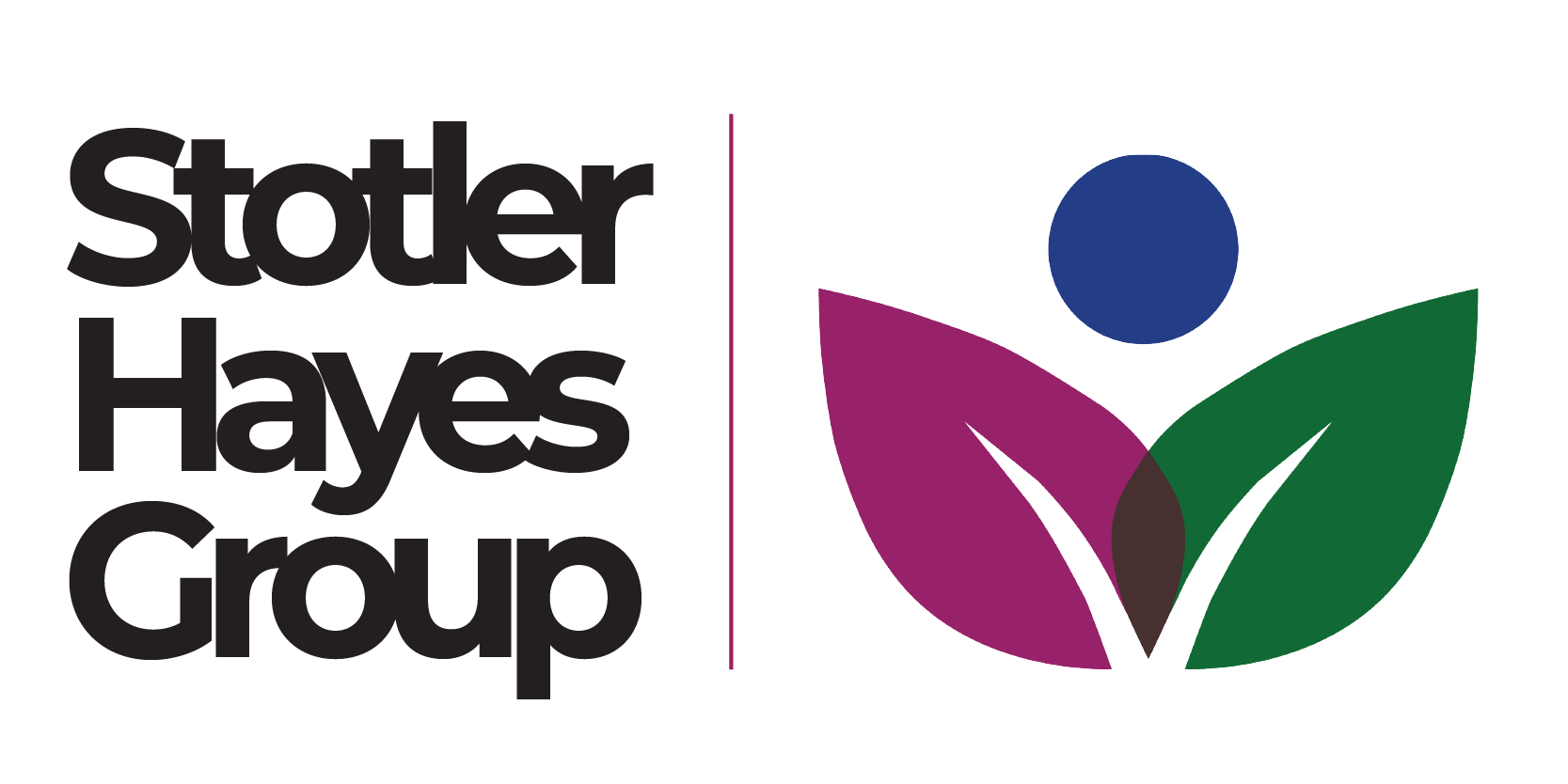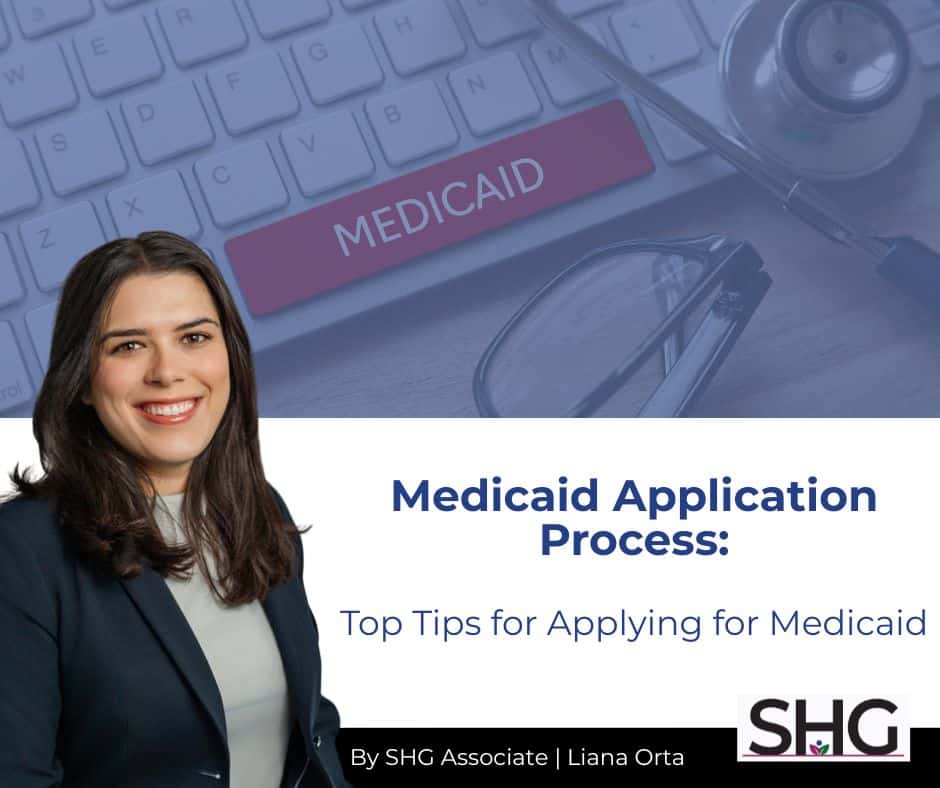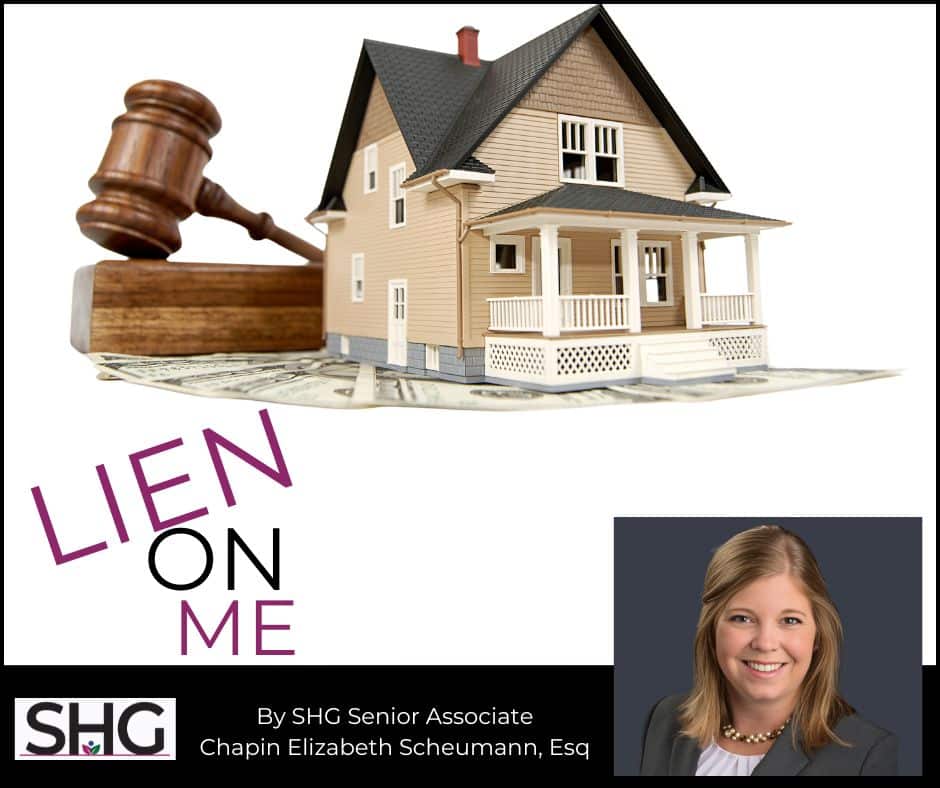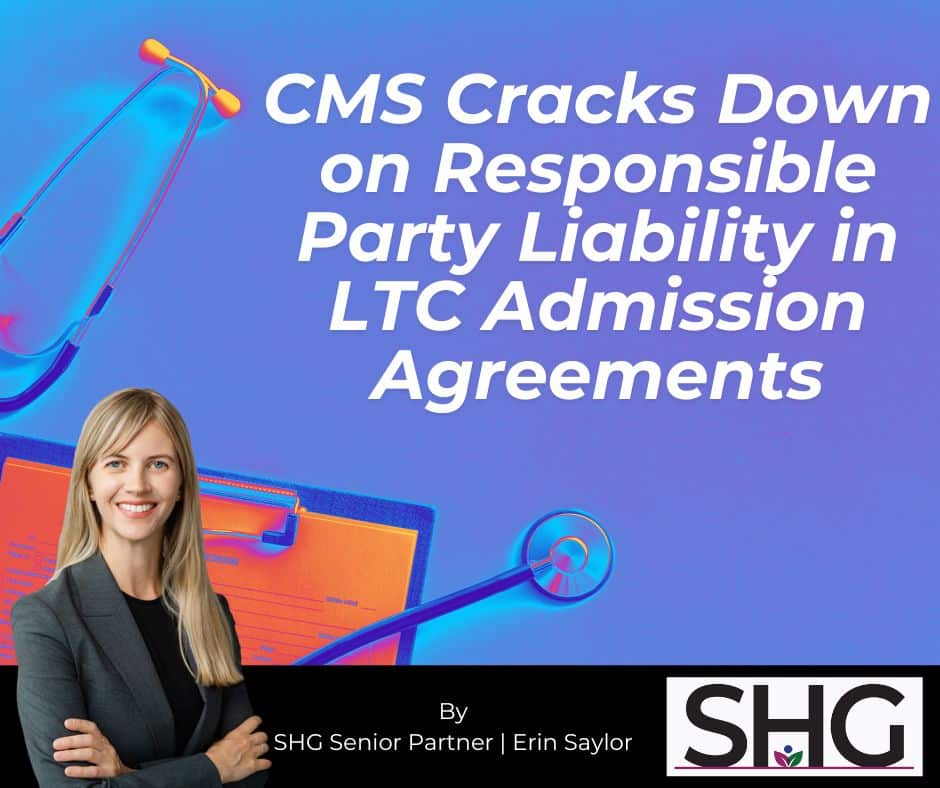The Administrator of the Centers for Medicare & Medicaid Services (CMS) has found that the Texas Health and Human Service Commission (THHSC) is not properly calculating the post-eligiblity treatment of income (PETI) for institutionalized individuals and certain participants in home and community-based services (HCBS) waivers. If CMS’s finding is upheld, Texas will be required to allow Medicaid beneficiaries to apply their patient liability toward uncovered medical expenses incurred prior to their Medicaid-effective date. This would mean hundreds of thousands of dollars in recovery to Texas providers for care and services rendered.
For SHG, this victory is the light at the end of a very long tunnel. Back in 2013, SHG (then BLG) appealed a decision issued by the THHSC denying a request to allow a Medicaid beneficiary to apply their patient liability toward uncovered medical expenses incurred prior to their Medicaid-effective date. On Administrative Review, the THHSC’s reviewing attorney concluded the PETI policy set forth in the THHSC’s handbook was inconsistent with the Texas State Plan and ordered that the PETI request be approved. Despite this initial success, every PETI request BLG filed thereafter was denied by the THHSC on the grounds that the its handbook specifically excluded PETI for nursing home room and board.
In 2016, SHG (then BLG) brought this issue to the attention of the CMS, arguing that the THHSC’s policy of refusing to allow PETI for nursing home room and board violated the State Plan and Section 1902(r)(1) of the Social Security Act, and demanded corrective action. CMS responded in November 2016 that it agreed with SHG that the THHSC’s policy conflicted with the federal regulations and indicated that it was working with the THHSC to correct the issue.
Now, after three years, Texas is finally on the verge of change. On February 15, 2019, CMS and the U.S. Department of Health and Human Services (HHS) published a Notice of Opportunity for Hearing (Notice) wherein they conclude that the THHSC’s treatment of PETI is not in compliance with Titles XI and XIX of the Social Security Act. In the Notice, published in the Federal Register here, CMS finds that Texas must allow PETI for incurred medical or remedial expenses for services that are not included in the state plan or are not paid for by Medicaid. States are permitted to limit PETI to expenses incurred three months prior to the Medicaid application, however, CMS finds that the THHSC’s practice of limiting PETI to only expenses incurred when a beneficiary was eligible under the state plan impermissibly results in the exclusion of services that are covered by the state plan but not covered by Medicaid, such as long-term care room and board.
The THHSC has appealed the decision. If the Hearing Officer upholds CMS’s decision, CMS will begin withholding federal funding until the THHSC complies with federal PETI regulations. We will keep you updated on the latest developments as they occur.
To learn more or get involved, please contact Nathan Peters at npeters@stotlerhayes.com or Alyssa Desgranges at adesgranges@stotlerhayes.coml.com.
This post was written by SHG attorney Nathan Peters. Nathan is admitted to practice law in Texas, Florida, and Kansas with Arkansas pending.






